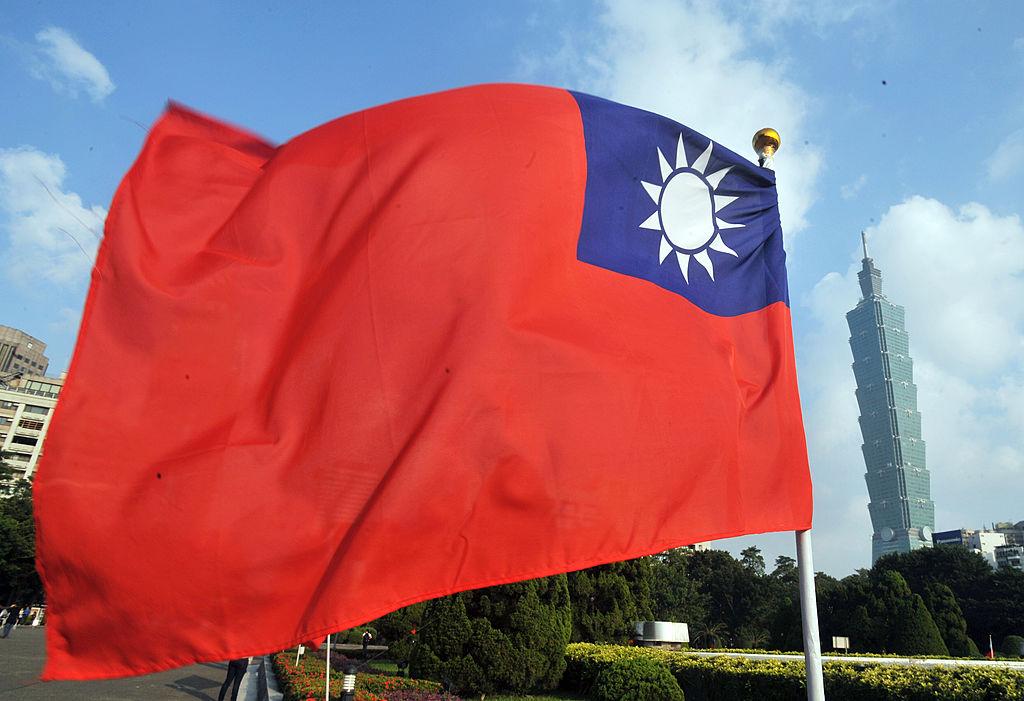TAIPEI, Taiwan—Taiwan’s legislature has streamlined two laws that bolster the island’s defense against China.
Amendments to two laws passed the unicameral parliament on May 8.


TAIPEI, Taiwan—Taiwan’s legislature has streamlined two laws that bolster the island’s defense against China.
Amendments to two laws passed the unicameral parliament on May 8.